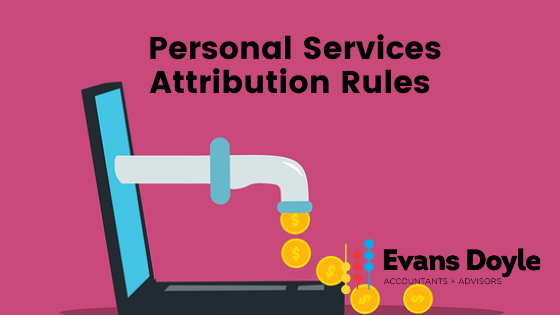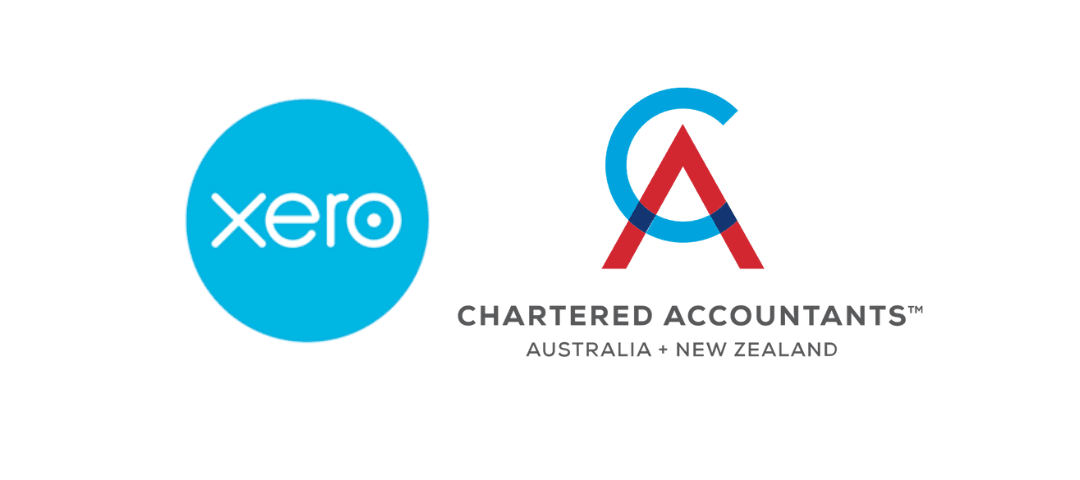Specific income attribution rules apply when an individual provides personal services through an associated entity (such as a company, trust, or partnership). The purpose of these rules (tax legislation) is so that the individual does not avoid a higher income tax rate by diverting income to an associated entity.
This article explores the income attribution rules in more detail and outlines when they apply and the exemptions.
There may be valid commercial drivers for an individual to use an associated entity to provide personal services. For example, if an individual (John) is providing contracting services to a pharmaceutical or engineering company (ABC Consulting Limited), a company will provide them with limited liability. The limited liability would apply from a legal perspective. For tax purposes, the income attribution rules apply, meaning that the income is taxed as if the individual (John) had earned the income.
Personal services include providing time, labour, or services.
The income attribution rules apply when:
- The working person provides personal services
- The working person is associated with an entity (the company/trust/partnership that is invoicing for the services performed)
- The associated entity provides services to a third person (the customer), and the working person personally performs the services, and the working person earns a net income of more than $70k.
- At least 80% of the associated entity’s income from personal services comes from the customer
- At least 80% of the associated entity’s income from personal services is earned by the working person and/or relative of the working person.
An Example
Using the earlier example, John is the working person providing personal services to ABC Consulting Limited (the associated entity because he is the sole director and shareholder).
ABC Consulting Limited provides services to XYZ Pharmaceutical Limited (the customer), and ABC Consulting Limited invoices $100k of the financial year.
ABC Consulting Limited has no other customers (at least 80% of ABC Consulting Limited’s income comes from the customer).
Therefore, the personal services income attribution rules apply; John (the working earner) is taxed on the $100k of income (not ABC Consulting Limited).
What exemptions apply?
The attribution rules do not apply when any of the following apply
- Both the associated entity and the working person are non-residents for the full income year.
- The associated entity is a natural person acting in that capacity (and is not a partner of a partnership or a trustee).
- The services being provided are essential support for a product supplied by the associated entity.
- The associated entity has substantial business assets. Substantial business assets have a total cost of more than $75k, or 25% or more of the associated entity’s income from services for the year. And are used at least 80% for business use (less than 20% for private use).
- The associated entity is a Controlled Foreign Company CFC, and the CFC rules apply (beyond the scope of this article)
- The total amount to be attributed for the income year is less than $5,000. However, this exception can only be relied on once - it does not apply if the working person has more than one associated entity and the other associated entity has not had income attributed because of this exception.
Contact Us
Contact Tim Doyle or Jane Evans today to discuss your business continuity planning needs (or any other matter) on 07 823 4980 or email us. Our office is in Cambridge, NZ, but distance is no problem. We have many international and national clients.
This material has been prepared for informational purposes only, and is not intended to provide, and should not be relied on for, tax, legal or accounting advice. You should consult your own tax, legal and accounting advisors before engaging in any transaction.



